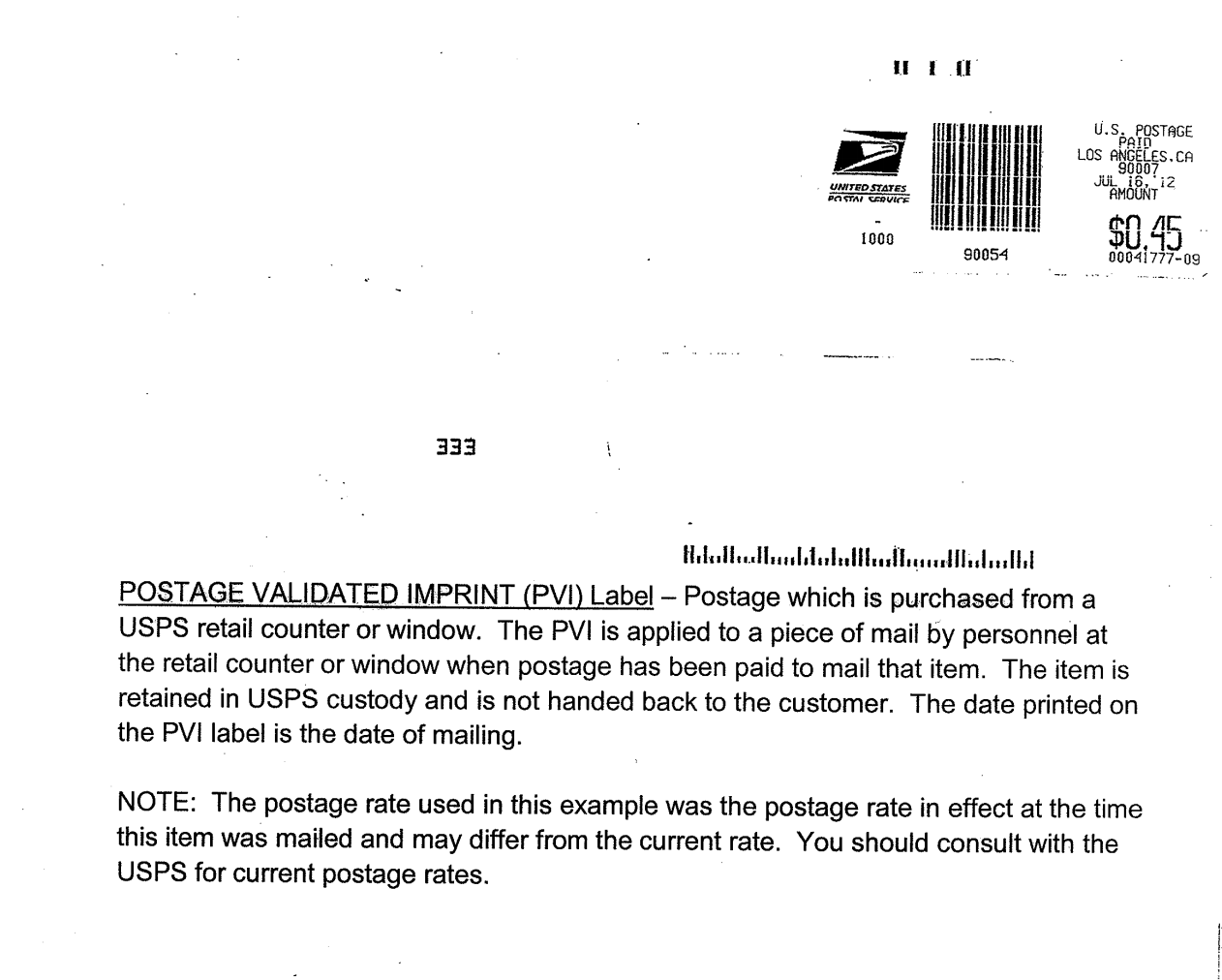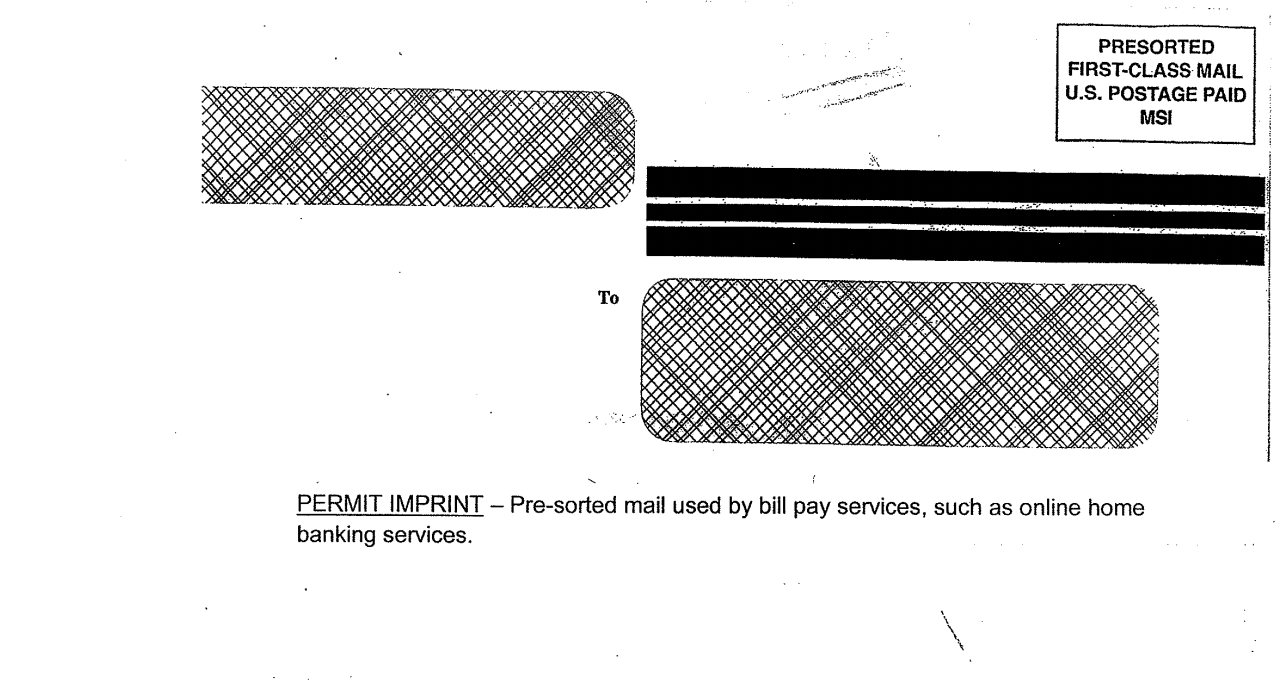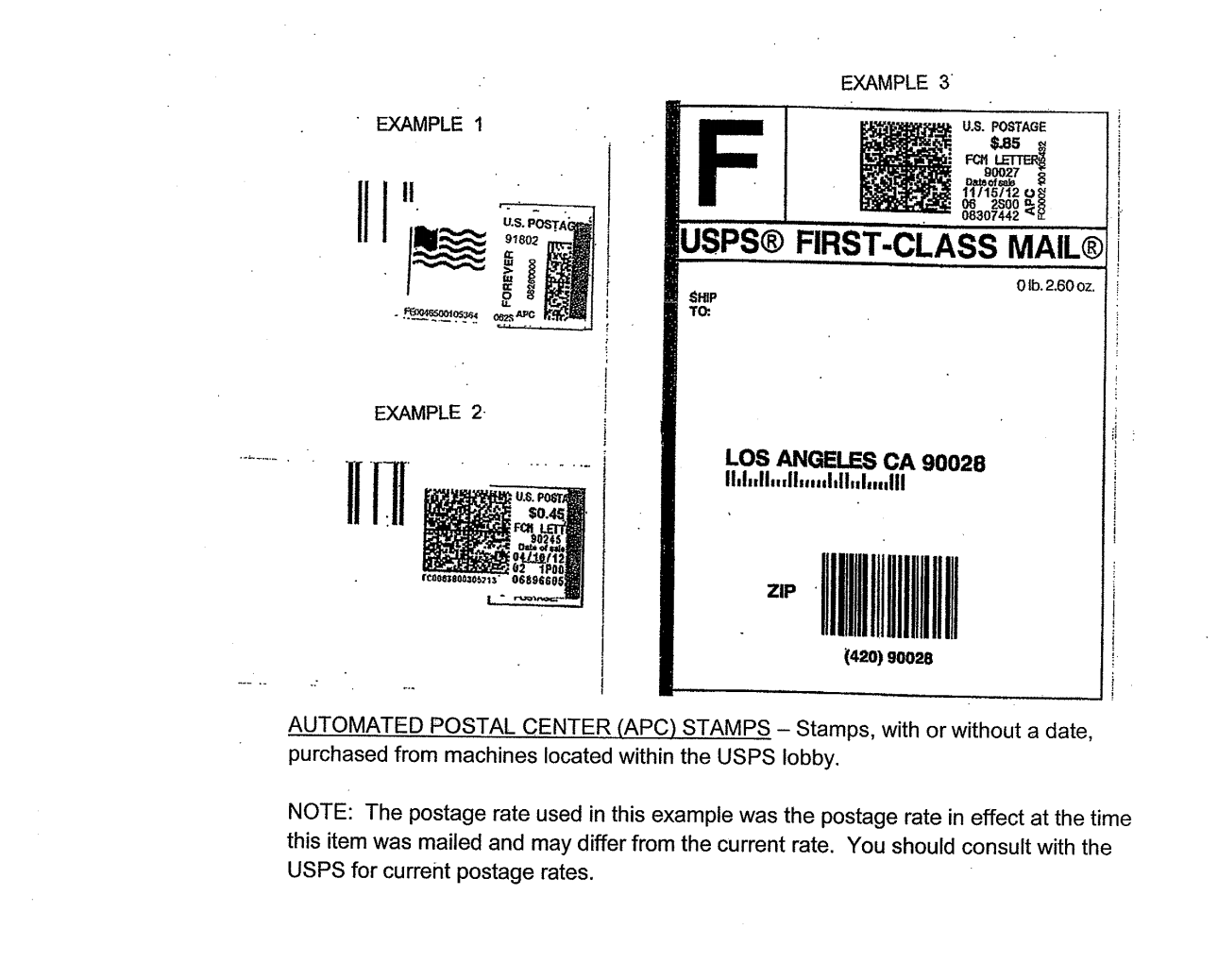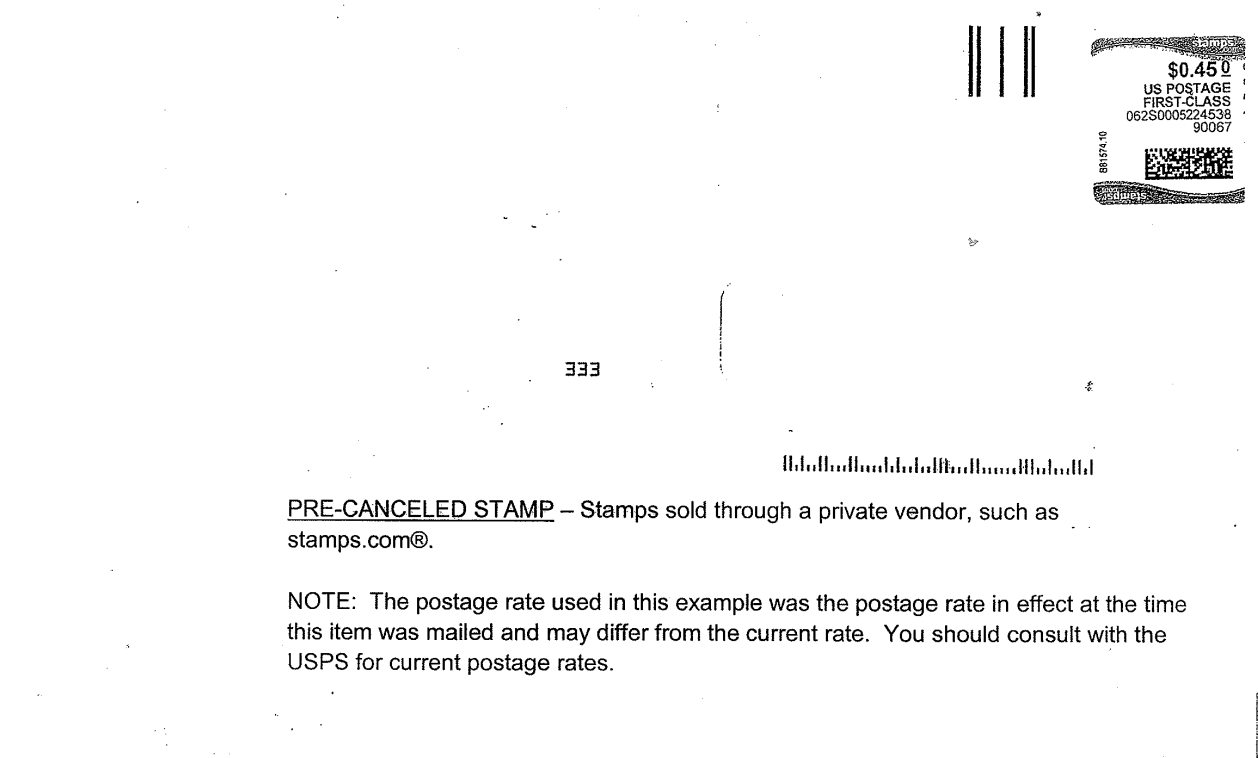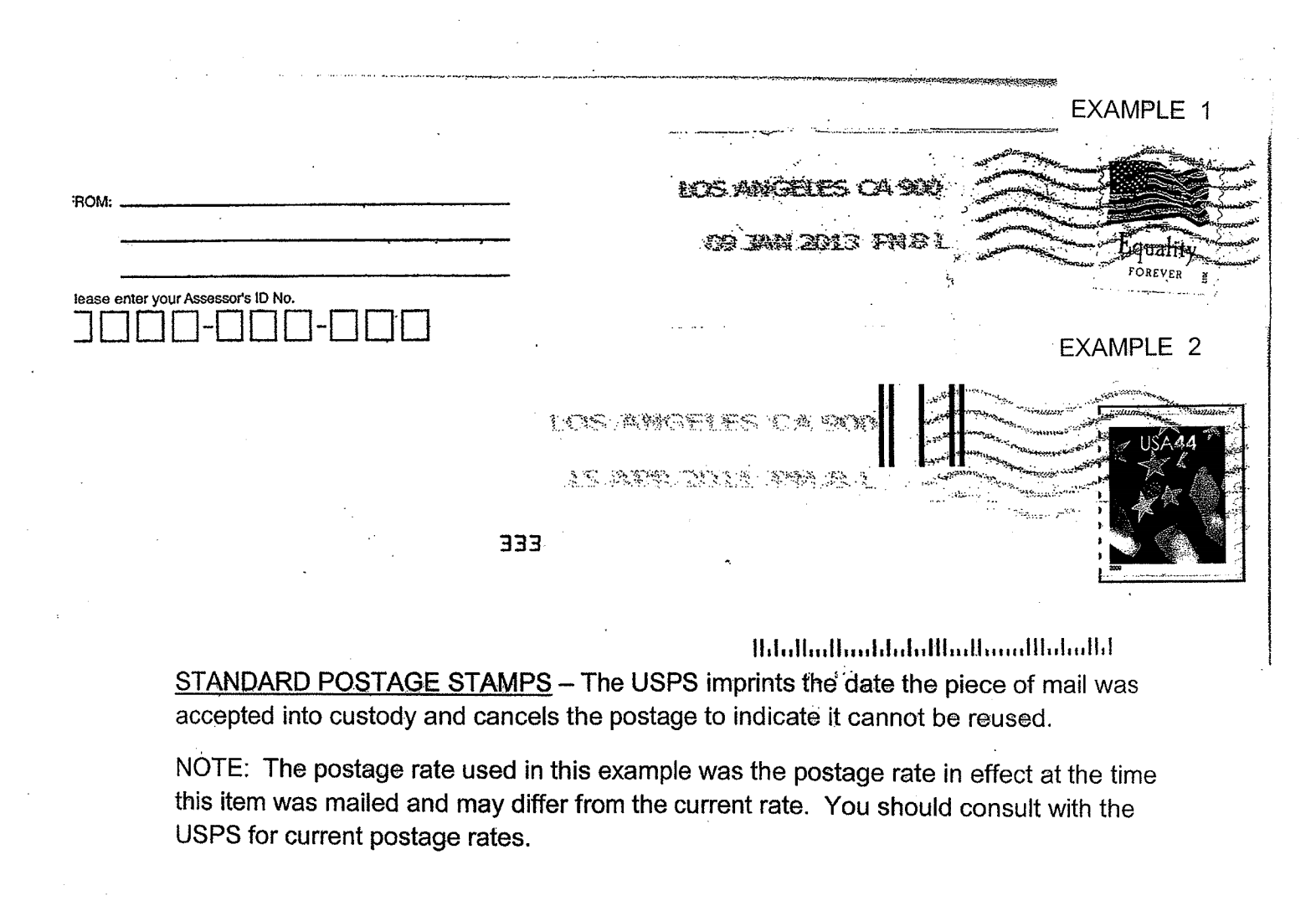Changing your mailing address is easy and important to ensure we have accurate information to mail important property tax bills and notices. Visit Assessor – Change Mailing Address to submit a mailing address change request. View a video on Disaster Relief – Change of Mailing Address for step-by-step instructions.
For wildfire-related questions, visit ttc.lacounty.gov/public-inquiries, select “Other,” and indicate “Wildfires” in the comment area to expedite your request. For additional information, visit Wildfires and Other Emergencies.
If you or your business have been impacted by the recent wildfires, please contact the Business License Section by calling (213) 974-2011 or emailing businesslicense@ttc.lacounty.gov. For an additional list of emergency resources for businesses, please visit Emergency Resources for Workers and Businesses – Department of Economic Opportunity.
PAY PROPERTY TAXES
Pay and checkout in just a matter of minutes.VIEW PAYMENT HISTORY
This is a free service for tracking your past property tax payments.VIEW PAYMENT HISTORY
This service will provide tax payment history for the past three fiscal tax years.VIEW PROPERTY TAX BILL
Lost your bill? Use our form to view an electronic bill.VIEW PROPERTY TAX BILL
Electronic bills are available to be viewed immediately online.REQUEST A PENALTY CANCELLATION
Submit a request to cancel a penalty imposed on late payments.REQUEST A PENALTY CANCELLATION
Before submitting a Penalty Cancellation, please review the form instructions.APPLY FOR A BUSINESS LICENSE
We can help you get started.APPLY FOR A BUSINESS LICENSE
Applications can be filed online. To start your Business License application process, please click here.Changing your mailing address is easy and important to ensure we have accurate information to mail important property tax bills and notices. Visit Assessor – Change Mailing Address to submit a mailing address change request. View a video on Disaster Relief – Change of Mailing Address for step-by-step instructions.
For wildfire-related questions, visit ttc.lacounty.gov/public-inquiries, select “Other,” and indicate “Wildfires” in the comment area to expedite your request. For additional information, visit Wildfires and Other Emergencies.
If you or your business have been impacted by the recent wildfires, please contact the Business License Section by calling (213) 974-2011 or emailing businesslicense@ttc.lacounty.gov. For an additional list of emergency resources for businesses, please visit Emergency Resources for Workers and Businesses – Department of Economic Opportunity.
VIEW PAYMENT HISTORY
This is a free service for tracking your past property tax payments.VIEW PAYMENT HISTORY
This service will provide tax payment history for the past three fiscal tax years.VIEW PROPERTY TAX BILL
Lost your bill? Use our form to view an electronic bill.VIEW PROPERTY TAX BILL
Electronic bills are available to be viewed immediately online.REQUEST A PENALTY CANCELLATION
Submit a request to cancel a penalty imposed on late payments.REQUEST A PENALTY CANCELLATION
Before submitting a Penalty Cancellation, please review the form instructions.APPLY FOR A BUSINESS LICENSE
We can help you get started.APPLY FOR A BUSINESS LICENSE
Applications may be filed in person at any of the three Business License Offices.Changing your mailing address is easy and important to ensure we have accurate information to mail important property tax bills and notices. Visit Assessor – Change Mailing Address to submit a mailing address change request. View a video on Disaster Relief – Change of Mailing Address for step-by-step instructions.
For wildfire-related questions, visit ttc.lacounty.gov/public-inquiries, select “Other,” and indicate “Wildfires” in the comment area to expedite your request. For additional information, visit Wildfires and Other Emergencies.
If you or your business have been impacted by the recent wildfires, please contact the Business License Section by calling (213) 974-2011 or emailing businesslicense@ttc.lacounty.gov. For an additional list of emergency resources for businesses, please visit Emergency Resources for Workers and Businesses – Department of Economic Opportunity.



